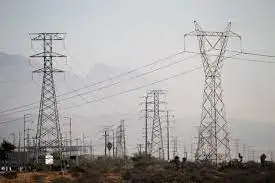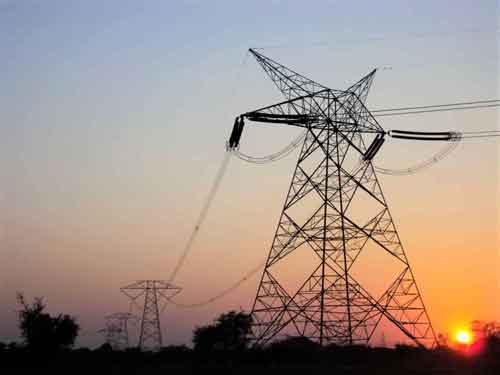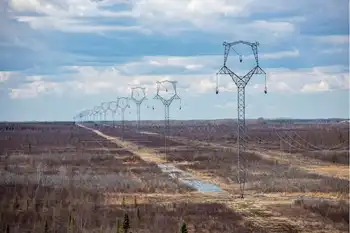EVs wonÂ’t bring the power grid down
- I've said it many times before, and I still haven't seen evidence to make me change my mind: The transition to plug-in hybrids and electric cars won't be that big a deal for the power grid.
Yes, it will increase electricity consumption significantly, but what matters most is how that will happen. If we were expecting millions and millions of EVs to be sold in a short period, and that all of those charged during peak electricity use, we'd be in deep trouble.
But that's not what we think will happen.
First, we have to put things in perspective. Charging an electric car uses about as much electricity as 4 to 6 big plasma televisions about 2 kilowatts. That might sound bad, until you realize that big screen TVs have been selling like hotcakes for the past decade and that this hasn't brought the grid down same for air conditioners. In fact, "TVs bringing the power grid down" hasn't even gotten play in the media, which might show that there's a subtle anti-EV bias out there.
There's no way that electric car adoption will be as fast as LCD and Plasma TV adoption. Cars cost a lot more, and while flatscreen TVs were better in most every way compared to old CRT televisions, electric vehicles still need to improve to beat gas-powered cars in across the board range and cost are the two big ones.
Another important factor is that while television are mostly used during peak time in the evening, electric cars will most likely be charged at night, when the grid has plenty of capacity. All plug-in cars will come with chargers that can be set to a nighttime charge, or to charge when the electricity rates are lowest. With smart meters and time-of-use rates, there will be a big monetary incentive for off-peak charging peak vs non-peak can be twice as expensive.
And while televisions use a lot of electricity, they are mostly for entertainment. Electric cars will mostly be replacing gas-powered vehicles, reducing air pollution and CO2 emissions even if they are charged on the dirty U.S. power grid, they are still cleaner than internal combustion engines, though of course the goal should also be to clean up the grid.
It's still better to take your bike or walk, but cars aren't going anytime soon, so we have to make them orders of magnitude cleaner.
Related News

Tucson Electric Power plans to end use of coal-generated electricity by 2032
TUCSON - In a dramatic policy shift, Tucson Electric Power says it will stop using coal to generate electricity by 2032 and will increase renewable energy's share of its energy load to more than 70% by 2035.
As part of that change, the utility will stop buying electricity from its two units at its coal-fired Springerville Generating Station by 2032. The plant, TEP's biggest power source, provides about 35% of its energy.
The utility already had planned to start up two New Mexico wind farms and a solar storage plant in the Tucson area by next year. The new plan calls for…




